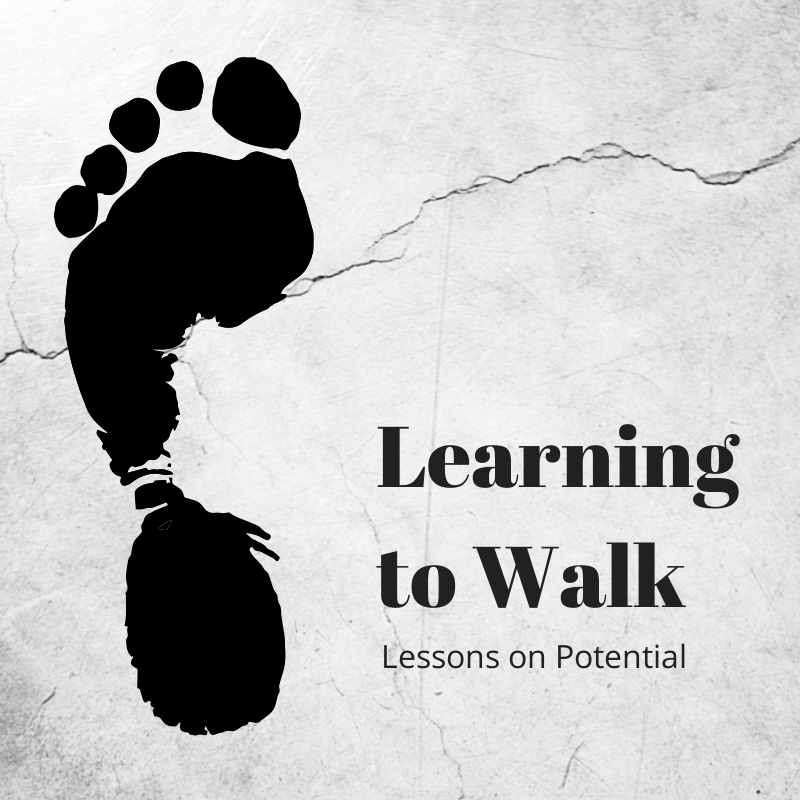Tonight our son, Kreed, took his first steps. He’s been pretty close for some time now. He’s a professional furniture surfer and enjoys grabbing our legs and following us as we walk. His balance has always been pretty good and he’s pretty tough when it comes to taking tumbles.
What was particularly fun to watch was after he’d taken a few steps, the excitement he got when he realized what he was doing and that he was capable of doing it.
Rewind to earlier today: I was beginning to look at Teachings of the Presidents of the Church: Joseph Fielding Smith manual that we’ll be studying in priesthood and relief society in 2014. Chapter One is on our Father in Heaven. Among other points, President Smith taught,
“I feel most assuredly that our Father in heaven is far more interested in a soul—one of his children—than it is possible for an earthly father to be in one of his children. His love for us is greater than can be the love of an earthly parent for his offspring”
Connecting the two experiences, my thoughts have turned to what it must be like for our Father in Heaven when one of us as His children, start to get it. We’ve been crawling around for so long, and we start to stretch our legs. We start to stand up straight, and we start to take steps toward Him.
And as we do that, we come to the realization that something new and exciting is before us. There’s a world of possibilities unlocking before our eyes. And with each step, our Father watches on, ever encouraging and extending His grace and support.
Understanding that, a few applications come to mind:
- Never be discouraged. Weakness and struggle is part of the growing up process.
- Don’t be afraid of failure. As children of God, we have the potential to do what God asks us to do, it just might take us time to grow into that which we’re promised.
- The Lord will provide opportunities and experiences that will help us grow but it’s ultimately up to us to take the steps.

You must be logged in to post a comment.